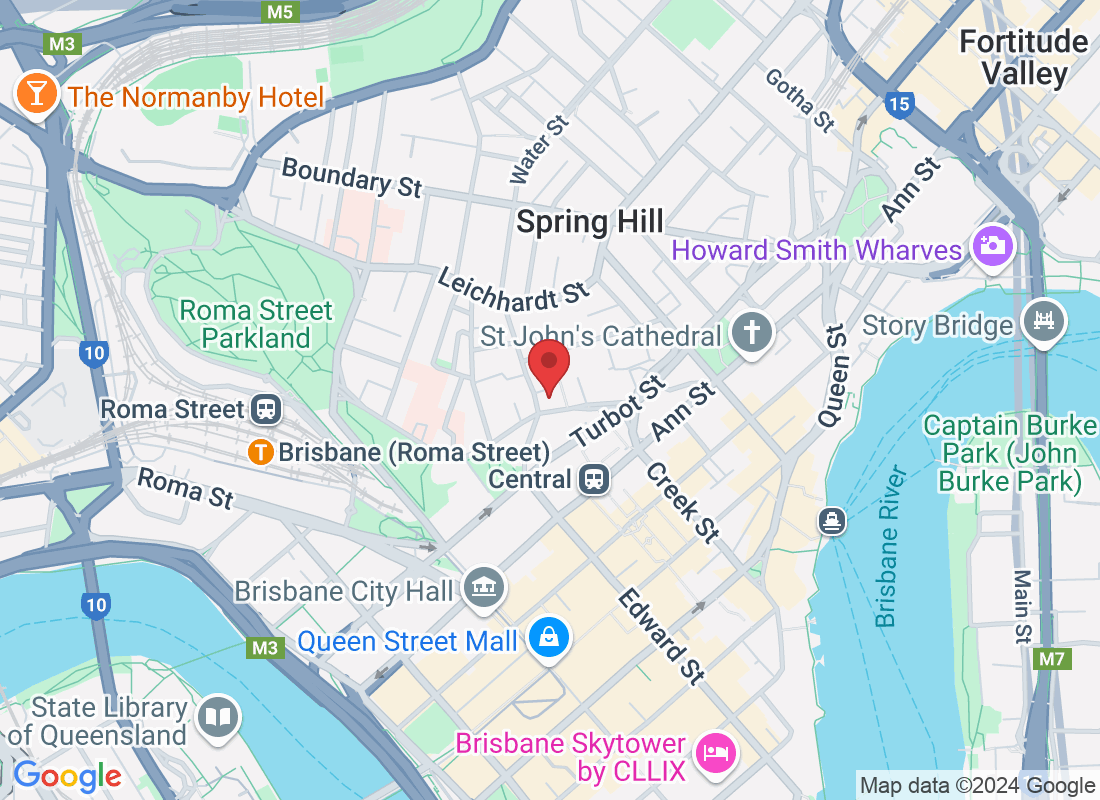
Achilles Tendon Injuries: Effective Treatments for Faster Recovery and Pain Relief
The Achilles tendon, located at the back of your lower leg, is one of the strongest and most essential tendons in your body. It connects your calf muscles to your heel bone and plays a crucial role in helping you walk, run, jump, and perform other movements that involve pushing off the ground. Because the Achilles tendon is so involved in many of our daily activities, injuries to this area can cause significant discomfort and hinder mobility.
In this blog post, we’ll explore what causes Achilles tendon injuries, how to recognize the symptoms, and the most effective treatment options available. If you’re experiencing Achilles tendon pain or are concerned about an injury, a Physiotherapist in Brisbane CBD can help guide you through the healing process.
What Are Achilles Tendon Injuries?
Achilles tendon injuries refer to any damage or stress placed on the tendon that connects your calf muscles to your heel bone. The tendon can become inflamed, strained, or even torn, depending on the severity of the injury. Achilles tendon injuries are common among athletes, particularly runners and those who play sports like basketball and soccer, but they can affect anyone, even those who are not highly active.
There are two primary types of Achilles tendon injuries:
Achilles Tendonitis: This is an overuse injury that causes inflammation in the tendon, usually due to repetitive stress or strain over time.
Achilles Tendon Rupture: This is a more severe injury in which the tendon tears completely, often resulting in sudden pain and difficulty moving the foot.
Causes of Achilles Tendon Injuries
Several factors can contribute to Achilles tendon injuries. These include:
Overuse: Repeating activities such as running, jumping, or sudden sprints without proper rest can strain the Achilles tendon. Overuse is one of the most common causes of tendonitis.
Sudden Increase in Activity: Starting a new exercise routine or increasing the intensity of your workouts too quickly can put excessive pressure on the Achilles tendon. This sudden increase in activity can lead to microtears in the tendon, resulting in pain and swelling.
Tight Calf Muscles: Tightness in the calf muscles can put additional strain on the Achilles tendon. When the calf muscles are too tight, they don’t allow the tendon to stretch as it should, increasing the risk of injury.
Improper Footwear: Wearing shoes that don’t provide adequate support or are not designed for your specific activity can lead to improper movement patterns, which can place excess stress on the Achilles tendon.
Age: As we age, the Achilles tendon becomes less flexible and more prone to injury. This is particularly true for people over the age of 30, who are at a higher risk for tendon degeneration and tears.
Previous Injuries: If you’ve had an Achilles tendon injury before, you’re at a higher risk for re-injury. Inadequate rehabilitation or failure to properly address the first injury can increase the likelihood of a recurring problem.
Symptoms of Achilles Tendon Injuries
Achilles tendon injuries can range from mild discomfort to severe pain. Common symptoms include:
Pain: Pain at the back of the heel or along the tendon is the most common symptom. It may begin as mild and worsen over time.
Swelling: Swelling and tenderness may develop in the area of the tendon, especially after activity.
Stiffness: The tendon may feel stiff, particularly in the morning or after prolonged periods of rest. This stiffness can make it difficult to move the foot freely.
Difficulty Walking or Running: Achilles tendon injuries can limit your ability to walk, run, or perform normal activities. You may notice that pushing off the ground, walking up stairs, or even standing for long periods of time becomes painful.
Snapping or Popping Sound: In the case of an Achilles tendon rupture, a sudden sharp pain in the back of the leg may be accompanied by a popping or snapping sound.
Treatment Options for Achilles Tendon Injuries
Treating an Achilles tendon injury depends on its severity. Here are the most common treatment options:
Rest and Ice: If you have an Achilles tendon injury, rest is essential to allow the tendon time to heal. Applying ice to the injured area can help reduce inflammation and ease pain.
Physiotherapy: A Physiotherapist in Brisbane CBD can play a critical role in treating Achilles tendon injuries. Physiotherapy helps to strengthen the muscles around the tendon, improve flexibility, and promote healing. A physiotherapist may use a combination of exercises, stretches, manual therapy, and modalities like ultrasound or shockwave therapy to speed up recovery.
Stretching and Strengthening Exercises: Stretching the calf muscles and strengthening the muscles of the lower leg are essential for preventing further injury. A physiotherapist will design a tailored exercise program to improve mobility and flexibility in the tendon while also strengthening the surrounding muscles for better support.
Footwear Adjustments: Wearing proper footwear with adequate arch support can reduce stress on the Achilles tendon. A physiotherapist can recommend suitable footwear or custom orthotics that can help you avoid aggravating the injury.
Corticosteroid Injections: In some cases, if pain is severe and persistent, corticosteroid injections may be used to reduce inflammation. However, these should be used cautiously, as they can weaken the tendon over time.
Surgery: For severe cases, particularly Achilles tendon ruptures, surgery may be required. Surgery is typically performed to repair the tendon and restore its function.
Conclusion
Achilles tendon injuries can be painful and debilitating, but with the right treatment, recovery is possible. A Physiotherapist in Brisbane CBD can help guide you through a rehabilitation program that addresses the root causes of your injury and promotes long-term healing. Whether you’re dealing with Achilles tendonitis, a tendon rupture, or simply looking to prevent future injuries, physiotherapy can play a key role in getting you back on your feet.
If you’re experiencing Achilles tendon pain or want to learn more about how physiotherapy can help, contact All Care Physiotherapy today to schedule a consultation and start your recovery journey.



